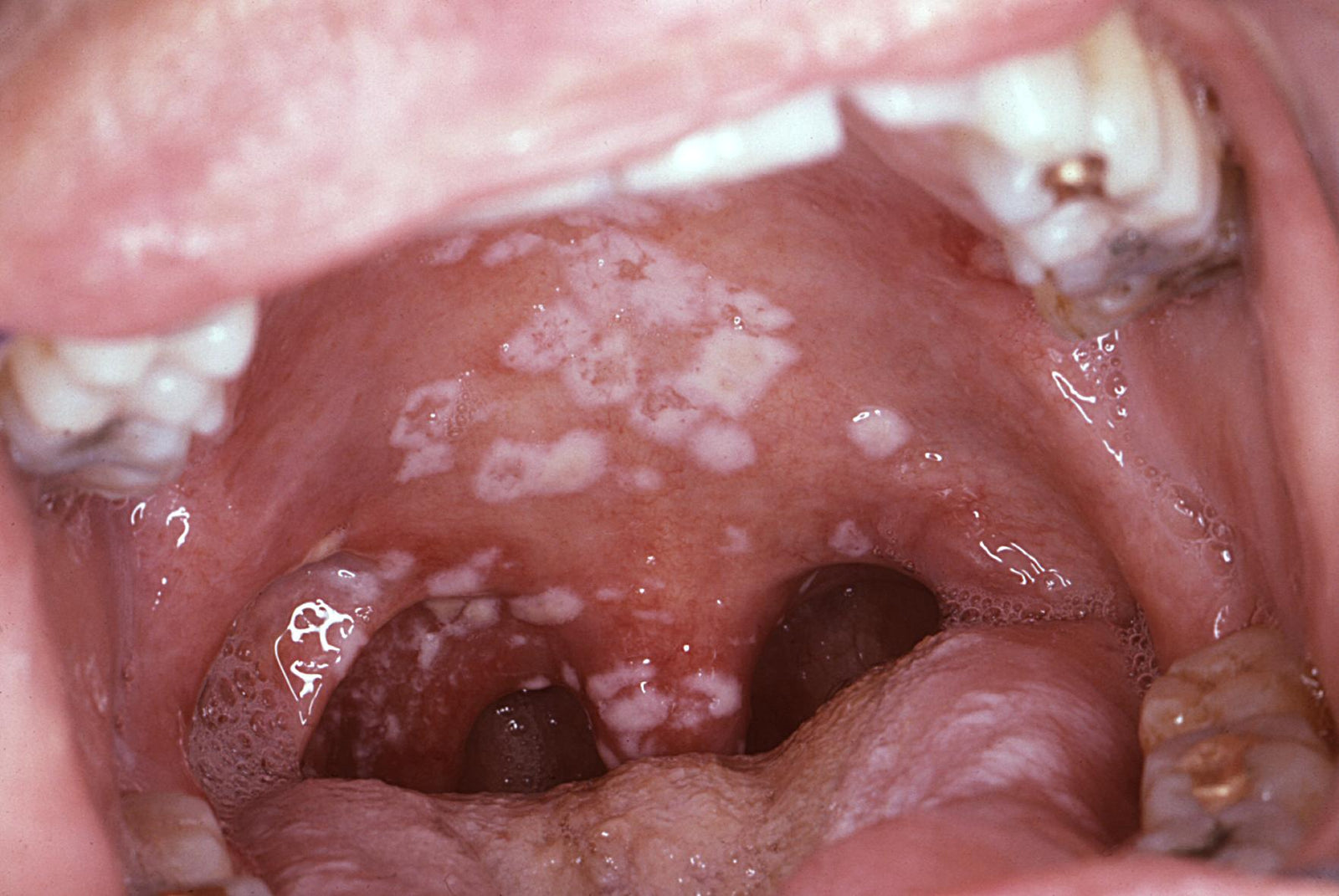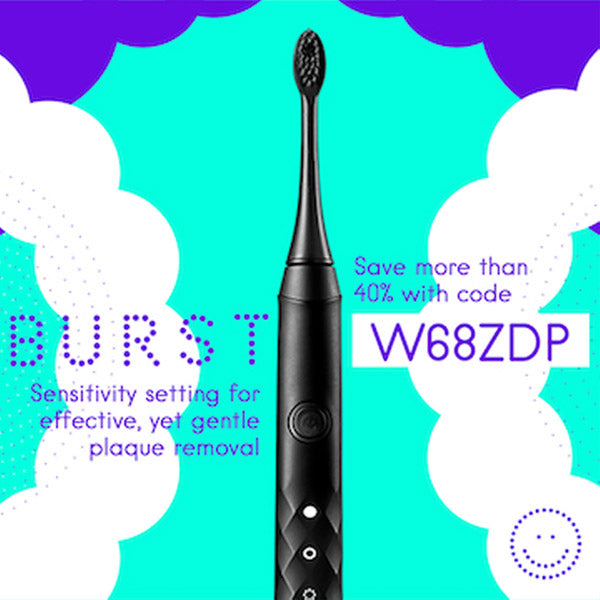Xylitol and Oral Candidiasis

What Is Candidiasis?
Candida is a type of yeast that is naturally found on various areas of the body, including the rectum, vagina and the mouth. Those with compromised immune systems are at risk for an overgrowth of yeast in the mouth called Oropharyngeal Candidiasis, or more commonly known as Oral Thrush. It is a common opportunistic infection in cancer patients.
Risk Factors of Candidiasis
Sugars constitute the primary energy source for yeast cells. Microbial Ecology in Health and Disease (MEHD) published an article in 2005 reporting a study that investigated the adherence of four species of Candida to buccal epithelial cells (BECs) in vitro following treatment with the most commonly consumed dietary carbohydrates. The study concluded that epithelial adhesion of Candia species is affected to different extents by dietary carbohydrates. Maltose and fructose promoted adherence to a lesser extent than galactose, sucrose and glucose, with galactose being the most favorable sugar for adherence. While adhesion was not significantly affected by lactose or trelahose, xylitol proved to significantly inhibited adherence of Candida to BECs. The results imply that frequent consumption of carbohydrates such as galactose, glucose, sucrose, fructose or maltose could represent a risk factor for oral candida colonization and the development of candidiasis. Substituting these carbohydrates with xylitol may assist in controlling the colonization of candida and the management of oral candidiasis with high risk patients.
An article published in the International Journal of Cancer in 2010 examined xylitol's ability to inhibit carcinogenic acetaldehyde production by Candida species. Acetaldehyde is a product of alcohol fermentation and metabolism by some microbes in the mouth. It is considered a Class 1 carcinogen for humans. The aim of the study was, "to examine the effects of glucose, fructose and xylitol in microbial acetaldehyde production during alcohol oxidation and fermentation."
The study found xylitol to "significantly inhibit candida acetaldehyde production from ethanol." It was consistent with all Candida species, showing xylitol to reduce the production below mutagenic acetaldehyde levels. The study concluded that although the xylitol concentrations used in vitro were comparable to those with use of xylitol products such as chewing gum, further studies are called for to determine the levels of xylitol exposure necessary to control microbial acetaldehyde production in vivo after exposure to alcohol.
Can Candida Spread to Other Parts of The Body?
Candidosis can be a serious complication for immunocompromised patients. Advanced cases can spread to other parts of the body, such as the digestive tract, lungs, and liver. Thrush infections that spread into the bloodstream can be fatal. For those at high risk, regular use of products containing 100% xylitol may assist in the prevention and management of Oral Candidiasis.
Also see:
SHOP Xylitol products at Side Effect Support
Click the images below:








